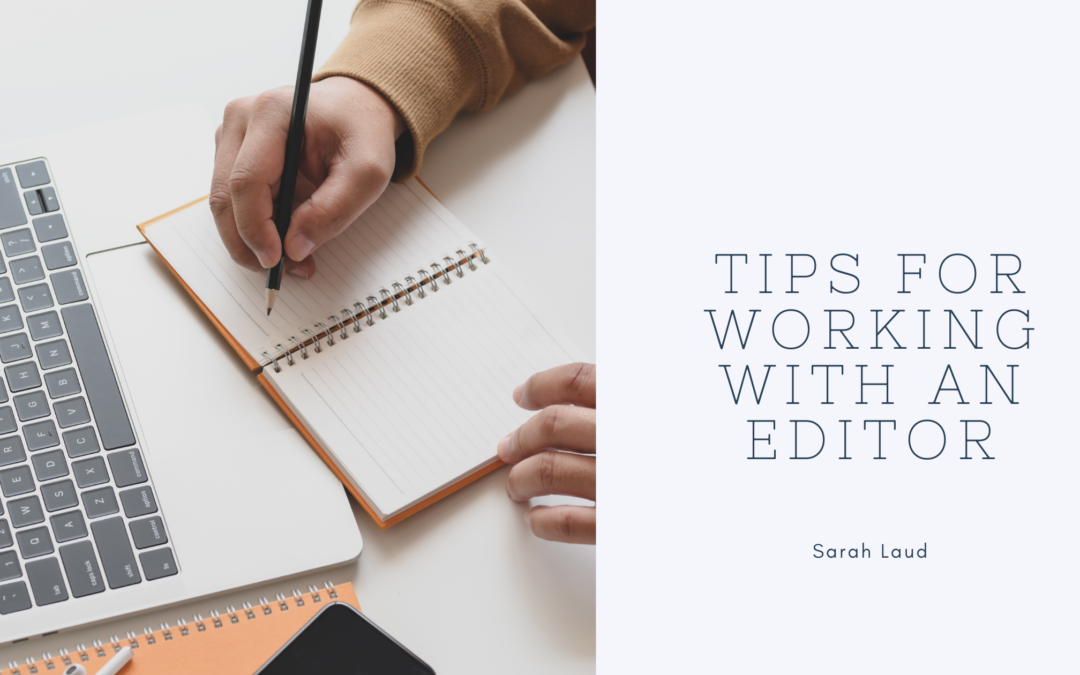For some writers, the worst part of their job is to open a piece of writing that has been reviewed by an editor and find it marked up with a slew of corrections, suggestions, and questions. After spending hours or days choosing words, smoothing out the syntax, and checking spelling and grammar, the piece he or she thought was press perfect comes back loaded with editing highlights on nearly every line. Some writers become angry. Others begin forming arguments on why the edits should be rejected. Some writers cry. But a lot of those negative reactions can be avoided if writers understand ahead of time how to work with an editor.
Understand an Editors Role
No matter how talented or experienced, every writer needs someone to stand behind them and see if their work is working. An editor’s job is not to mangle one’s parallel constructions or highlight the semicolon’s glories. They are working to make sure that writers succeed. They can point out when a sentence or passage is unclear when questions are left unanswered, and when words cause confusion, editors see which words can be cut to make a piece more accessible and where more detail would benefit. Editors are on the side of writers. When editors win, writers win.
Proofread and Cleanup the Text
Editors do not want to spend time on spelling and simple grammatical corrections. Before writers submit work to an editor, they should make sure it is as clean as it can be. Editors can then use their time on critiques that add value to the work rather than mopping up simple errors.
Edits
Before rejecting the changes and critiques an editor has made to a piece, writers should look at every edit carefully and compare it to the original. Writers need to understand the changes editors feel should be made. They need to ask themselves honestly if a change improves their work and how it improves it.
Simple mistakes in grammar and punctuation are not usually an issue. But cuts of sentences and the replacement of words can be more difficult to accept. Still, consider what an editor has done to make writing more precise and sharper.
Share Information
Editors are not infallible. Sometimes they work on pieces of writing that involve a subject they know nothing about. If an editor makes a change that leads to inaccuracy, respectfully explain the problem. They will listen. One of the worst things for editors is to edit in a mistake or an inaccuracy. If an editor asks to replace a word and a writer understands it is the language used to discuss a particular subject, explain that to the editor.
Build a Relationship
If an editor’s critique has made writing more robust, more precise, and better, writers can thank the editor and let them know their work is appreciated. Writers can tell editors what types of things they struggle with when they write and ask for advice. Writers can let editors know they consider them an important part of the writing process.

